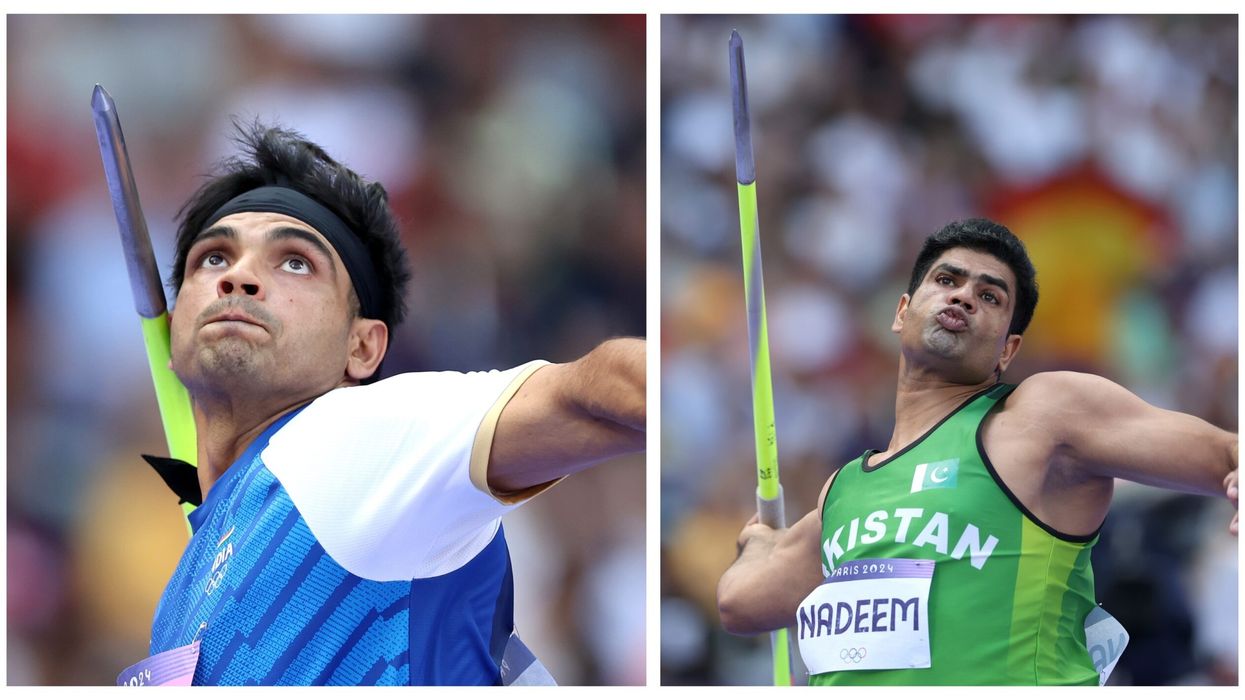‘Intimacy without commitment will increase confusion and insecurity'
FOR thousands of years, in almost every society in the world, though people have lived in various kinds of conditions, almost every society settled with some kind of arrangement for marriage.
Whether it was one wife and one husband or many wives and many husbands, different societies had different ways, but they settled for some committed structure because when two human beings share a certain intimacy, it must happen only in a committed atmosphere.
Every society understood that if intimacy happens without the necessary commitment, it leads to disorganisation of a human being and in turn, disorganisation of society.
If a child up to eight years of age grows up without knowing a sense of belonging to a parent, if that confusion is present in his or her mind during these formative years, that child will not be able to explore their full possibility. This is not a judgement on that child.
If a child is well integrated within, he or she may grow up and do well. But, generally, most children will live with this confusion for the rest of their lives.
For this reason, every society understood that there should be a committed relationship when it comes to a certain level of intimacy.
Above all, the physical body has its own memory. In yoga, we call this runana bandha. Runana bandha means the physical memory of the body. The body remembers everything it comes in contact with, such as the kind of food you eat or the atmosphere you sit in.
This is the reason why, traditionally, in Indian culture, so much emphasis was placed on aspects such as how you must start your day and how you must keep your home. So many aspects were taken care of so that your body takes in the right kind of imprints and guides you to the right kind of situation, even if you yourself do not have the understanding to get there.
Runana bandha is particularly strong when physical intimacy happens. Even if you touch a person, it leaves a certain level of imprint. This is why it was established in every society that unless you are truly committed, there should be no intimacy.
Today, in the name of modernity, we are loosening this. We will pay a huge price for this. In the United States for example, the present generation has already paid the price, to some extent. But there will be a very big price in the future.
The level of psychological imbalances will flare up in one or two generations unless that society does something to fix it. I am not coming from a moral standpoint.
I have no morality in me, I only have life in me. What works and what does not work is what I am interested in. We must do what works.
If your relationship has gone bad beyond a certain point, if two people are moving in divergent directions or if it has become violent or abusive, a person has every right to come out of it. But especially in the United States, what I see is that they end one relationship on Saturday, and they have a new partner by Monday. This is irresponsible for your own wellbeing.
If you come out of a relationship, give yourself substantial time when you will be by yourself because whatever went bad, you contributed 50 per cent towards it. Use this time to fix that 50 per cent.
I see a deep sense of hurt in most people in the Western world. Only a few people enjoy relationships of trust. Everyone else is in some level of insecurity all the time. This is not freedom. Being emotionally insecure is terrible bondage.
When you are emotionally insecure, you cannot be truly focused and productive about anything. But knowing that your home situation is stable gives an enormous amount of stability and clarity to a person.
If you are beyond relationships and have no need for relationships of any kind, that is different. But otherwise, every human being needs this stability if he or she wants to do something worthwhile.
Ranked among the 50 most influential people in India, Sadhguru is a yogi, mystic, visionary and bestselling author. Sadhguru was conferred the “Padma Vibhushan”, the Indian government’s highest annual civilian award, in 2017, for exceptional and distinguished service.















 Penguins inhabit a wide range of environments across the Southern HemisphereiStock
Penguins inhabit a wide range of environments across the Southern HemisphereiStock Penguins have evolved to use their flippers to propel themselves through the water iStock
Penguins have evolved to use their flippers to propel themselves through the water iStock Penguins have developed remarkable adaptations to survive the extreme coldiStock
Penguins have developed remarkable adaptations to survive the extreme coldiStock One of the most striking aspects of penguin behaviouriStock
One of the most striking aspects of penguin behaviouriStock Early penguins were quite different from the flightless birds we see todayiStock
Early penguins were quite different from the flightless birds we see todayiStock

 There’s deep healing in the communityiStock
There’s deep healing in the communityiStock
